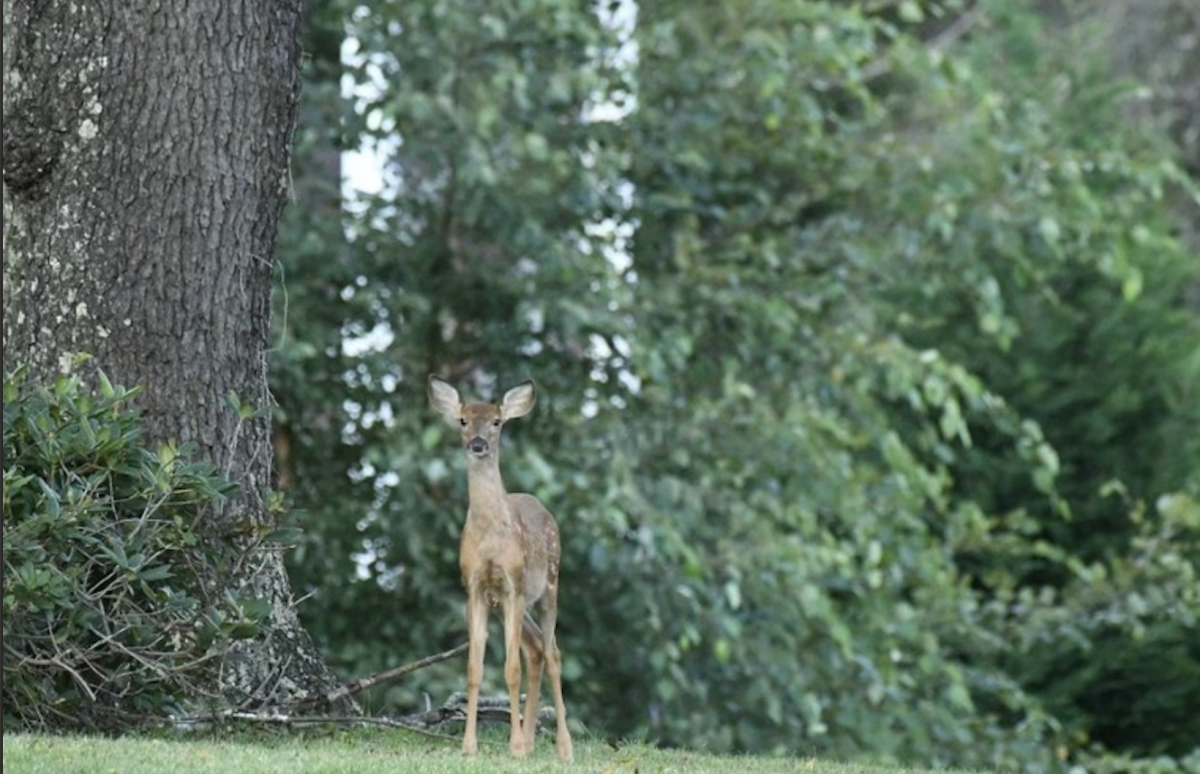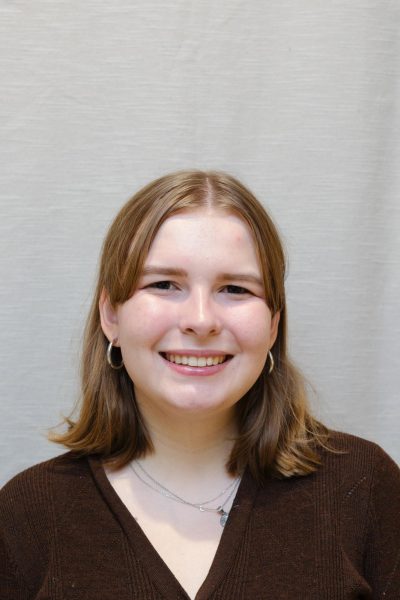Deer populations have noticeably skyrocketed throughout the Pittsburgh region causing ecological damage to the local ecosystems.
The increased deer population decreases the biodiversity of wildlife species, which has ruined some students’ research projects at Eden Hall. To counteract this, Dr. Laura Livingston and Dr. Ryan Utz, professors at the Falk School of Sustainability & Environment, wanted to form a class to teach students about hunting regulations and encourage them to become certified to hunt in Pennsylvania; however, the plan fell through due to insurance and compensation.
“The people that work in the upper parts of campus, like leadership, are not necessarily that invested in our forest health or our agricultural production like we are because we work here,” Dr. Livingston said. Dr. Livingston and Dr. Utz continue to advocate for the class to be approved for the 2024-2025 school year.
While support from students was low, the city of Pittsburgh integrated a deer management system, which saw 108 deer harvested over a few month span over the winter. Hunting took place at Riverview and Frick parks, and no public safety incidents occurred.
“White-tailed deer were largely eradicated from the state during the 18th and 19th centuries when the entire state was clear-cut for timber and farmland,” Dr. Utz said. “The whitetail deer population was left to rebound in the absence of their natural predators.”
Dr. Utz stated that the lack of predators has resulted in deer densities that are five to 20 times higher than when their predators were present alongside them.
He described deer hunting as “doing the environment a favor” and said that “a hunter is harvesting an overabundant natural resource,” emphasizing that hunters barely make a dent in the population. Additionally, venison is the most sustainable form of meat because of its low carbon emissions and aligns with Eden Hall’s sustainable values.
According to Dr. Livingston, deer often eat crops intended for research, the dining hall and food share programs because minimal infrastructure exists to stop them.
With Dr. Utz, Dr. Livingston has brainstormed ways to incorporate deer overpopulation into the Falk School curriculum. Dr. Livingston and Dr. Utz brought their ideas to the Forest, Field and Farm Council, a student council that oversees natural spaces at Eden Hall, before sharing them with Falk School students in the fall semester of 2023.
According to Dr. Livingston, their plan “would have included a class in the fall semester with partners Sustainable White Tale Management.”
One way for students to become involved is through Chatham’s archery club. Archery club Co-President, Bee Rohrs ‘27 said that it would take at least two years for the club to gain hunting certification and that their current goal is to “host target practices to build community and utilize the uniqueness of the Eden Hall campus.”
Rohrs added that even if the club does achieve that certification, “Hunts & harvesting would be fully optional. Archery club will always remain recreational to those who wish to practice only on targets.”




Norah • Apr 19, 2024 at 12:58 pm
This is so well written! Great job highlighting such an important topic in your community!!